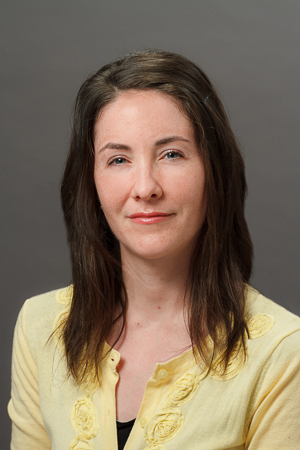Faculty Profile
Alyssa DeBlasio
Professor of Russian; John B. Parsons Chair in the Liberal Arts & Sciences (2010)Contact Information
Bosler Hall
717-245-1766
http://filosofia.dickinson.edu/
Bio
Prof. DeBlasio’s research and teaching fall primarily along the intersections of philosophy, literature, and cinema, with a focus on late Soviet intellectual history. She is editor of Brill’s book series in Contemporary Russian Philosophy and author of two monographs, The End of Russian Philosophy (Palgrave Macmillan, 2014) and The Filmmaker’s Philosopher: Merab Mamardashvili and Russian Cinema (Edinburgh University Press, 2019; Russian trans.: Academic Studies Press, 2020). Together with Izolda Savenkova, she published the textbook Про-движение: Advanced Russian Through Film and Media (Georgetown University Press, 2023). With Mikhail Epstein, she edits Filosofia: An Encyclopedia of Russian Thought, the only scholarly electronic resource in English dedicated to contemporary Russian philosophy. Her work has been supported by the American Council of Learned Societies, the American Philosophical Society, Fulbright-Hays, the National Endowment for the Humanities, and the U.S. Dept. of State. At Dickinson she also contributes to the Philosophy Department and the Film Studies Program. Together with Claire Seiler, DeBlasio is co-director of “Beyond the New Normal: Disability, Literature, and Reimagining Social Justice,” a Dickinson College initiative funded by the Mellon Foundation.
Education
- M.A., University of Pittsburgh, 2006
- Ph.D., 2010
Awards
- Dickinson Award for Distinguished Teaching, 2019-20
